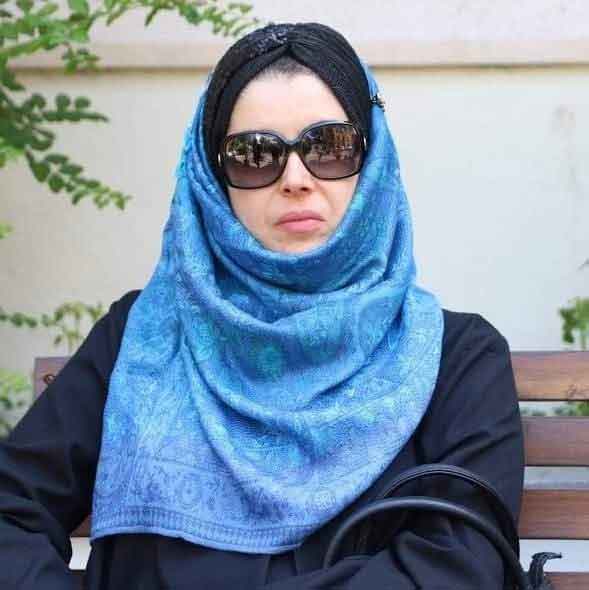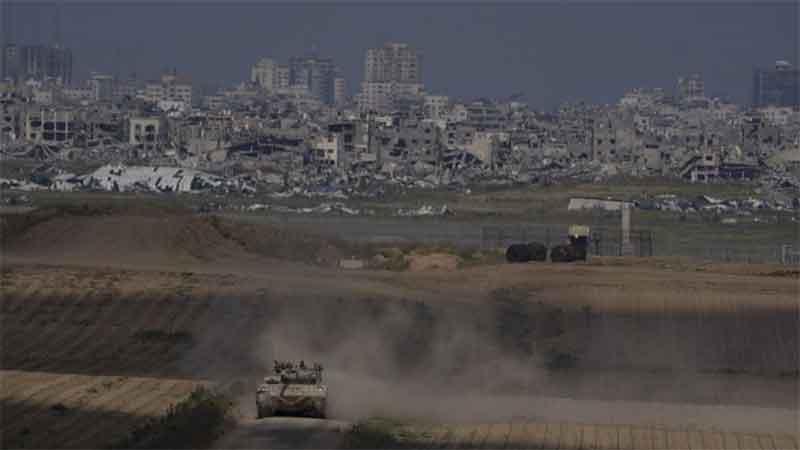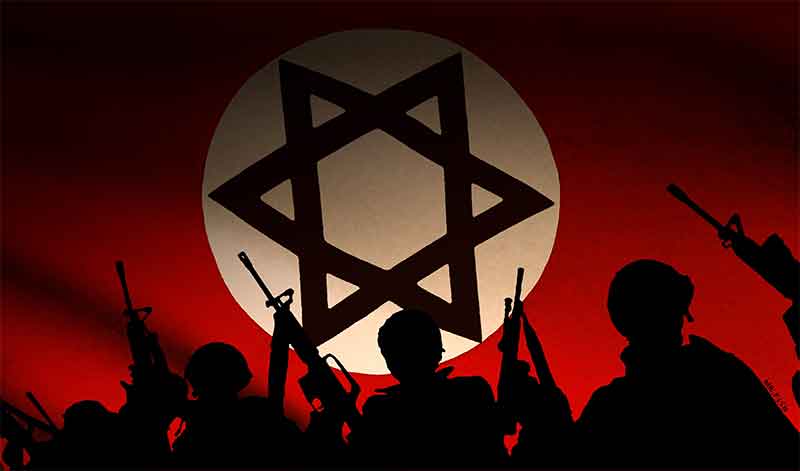
Debating on religion, culture, and nationalism is a challenging task in contemporary times. Given the multifarious dimensions of issues related to religion and nationalism, this has become extremely complex today, more than ever before in the history of philosophy. This is the theme of a special lecture by Italian philosopher Dr Sabrina Lei, Director, Tawasul International Centre for Publishing, Research and Dialogue, Rome, organised by Vakkom Moulavi Memorial and Research Centre (VMMRC) in association with the Institute for Global South Studies and Research (IGSSR), Kerala. Widely acknowledged for her Italian translation of Sree Narayana Guru’s Atmopadesa Satakam, Indian Upanishads and several world classics, Dr Lei said that “religion, as part of the identity of an individual, group or civilization, should be inclusive and open to historical development; otherwise, it will lose, in the long run, the capacity to inspire real and positive change in society.” But, she said, “Religion is always at the risk of being assimilated by a culture.”
Dr. Lei noted that Western philosophers, like Karl Popper and Hannah Arendt, had dealt with these issues with critical insights. The disaster and the crisis of the two world wars, the imperialism and the rise of totalitarianism embodied in both Nazism and Stalinism—held responsible for the systematic persecution and the deaths of millions of people—were interpreted by these thinkers “not as events detached from the history of western thought, but as the most horrendous outcome of some of its premises and assumptions.” She said that the Western model of nation, especially in its early concepts and manifestations (in the 19th and 20th centuries), was “adopted quite uncritically in other parts of the world, which are essentially different in their historical developments from the Western world, and which, for several centuries, have been under the influence of Western imperialism.”
Speaking on the rise of radical nationalism, Dr Lei said that it “is in most cases an answer to an internal crisis of a community or a nation, but this answer-extremely dangerous-depersonalises and, consequently, deresponsibilises the individual as a person endowed with the capacity of thinking and choosing.” Warning that “radical nationalism is totally against multiculturalism,” Dr. Lei underlines the basic character of multiculturalism, which indicates “the presence of different cultures inside a space which could be national, geographic, political, or social.” She noted that “the identity of a nation, as well as of an individual, is never monolithic or static, but it is actually the outcome of an historical process of exchange, compromise, and growth. In our age, the notion of identity is widely used in connection with the notion of ‘identity politics,’ a concept extremely complex and dangerous from a political point of view, and which some contemporary thinkers, both in the West and the East, use in an extremely uncritical way, maybe in some cases without being completely aware of its dangers and pitfalls. The notion of identity politics is at the same time a product and a reaction to the notion of radical nationalism. ”
However, Dr Lei said that in the extreme form of identity politics, the notion of ‘difference’ and ‘otherness’ is quite problematic since they are interpreted most of the time exclusively as something negative and to be integrated, assimilated or annihilated into the identity. In the extreme form of identity-politics, others are by definition enemies; it is not contemplated within the possibility of their being in dialogue. Here, the notion of identity and difference are interpreted in a relation of necessary opposition, instead of complementarity. ” She further noted that “this identitarian paradigm suggests that the history of a civilization or a nation has reached the peak of its maximum level of development when what is particular or contingent, namely the ‘different,’ ceases to be something to be assimilated and becomes an element of disturbance to be eliminated.” As such, ‘difference’ becomes a threat to the stability of a given nation or civilization. This attitude, which is by itself a clear symptom of weakness and degeneration, has as its necessary outcome the rejection of dialogue, the absence of any exchange and the resistance toward historical development, “she said.
Ambassador K.P. Fabian who chaired the session said that an essential part of a culture is its respect for other cultures. However much one respects Indian culture and cannot respect other cultures, it definitely sends the wrong message and gives room for wrong notions and understanding. Even identities need not clash among themselves, though each identity has its constituency.” Warning the dangerous trends in patriotism, Fabian said that “one would love his/her country, but it should not be a worship, which we do only toward the Almighty. The very word religion has not been understood correctly and carefully. Even textbooks are generating confusing meanings and interpretations,” he said.
Prof P.K. Michel Tharakan, Prof Joseph Tharamangalam, Dr Ravi Raman, Mr Sameer Muneer, Prof M. Thahir, Mr Sabin Iqbal and others participated. Dr K.M. Seethi (IGSSR) welcomed and Mrs. Shaheen Nadeem (VMMRC) proposed vote of thanks.
The author is ICSSR Senior Fellow and Director, Inter University Centre for Social Science Research and Extension (IUCSSRE), Mahatma Gandhi University, Kerala. He also served as Dean of Social Sciences and Professor of International Relations and Politics, Mahatma Gandhi University, Kerala .










































